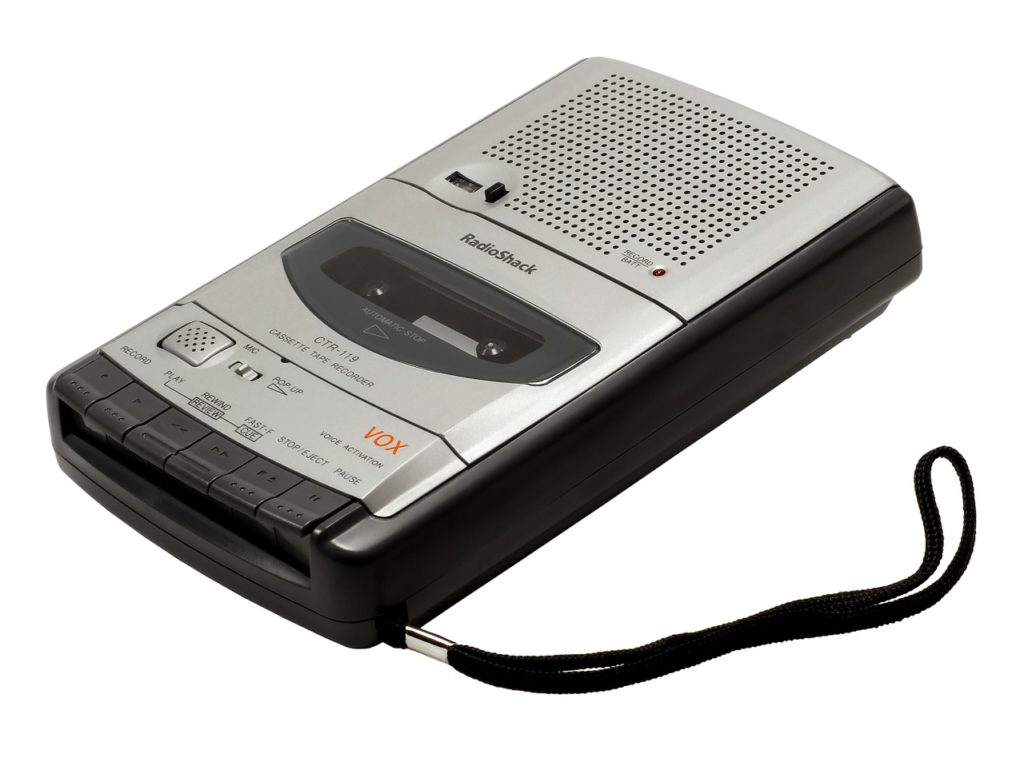
The Benefits of Integrating with a Venue Ticketing Management System
Are Venue Ticketing Systems Enough?
You have an event you need to sell tickets for. What are you going to do? There are dozens of venue ticketing systems you can download, but do they give you everything you really need to be efficient and profitable?
Selling tickets is just one part of live event management. Sure, it’s your bread and butter, but a whole lot goes into planning, promoting and pulling off an event other than selling tickets. Depending on the size of your event, there can be dozens or thousands of people involved in making a live event successful. It’s a lot to manage for anyone, particularly if you’re managing it on disparate systems that aren’t integrated or worse, doing some or all of it manually.
Integration Brings Benefits
For event managers, venue managers and promoters, it’s all about efficiency – at least it should be. With so many people and tasks to manage, any solution that can help managers get more done with less effort is worth the investment. The more time spent working on one event, the less time available to book another gig. It’s really that simple.
A venue ticketing tool only does one thing well. It will make selling tickets easier and faster. Most of these companies tout the ability for their users to sell event tickets around the clock in advance of their shows, accept multiple forms of payment, leverage social media marketing features, and manage real-time alerts and guest lists. That’s all great, but what would happen, however, if your venue ticketing system of choice was integrated into your event/venue management software? What then?
By combining forces, so to speak, you have all of the tools you need to run your business in one platform. Instead of working in multiple systems, often manually transferring data from one system to the next, all of your data is shared in one place. What would this type of integration do for you and your employees’ productivity and efficiency?
If you’re curious as to what this type of integration would look like, connecting your venue ticketing system with your event management platform, let’s take a look.
The best event management systems are built specifically for music industry professionals. Event managers, promoters and venue managers can all benefit from its features. The types of functionality these professionals use most are:
Calendar Management
A calendar management feature is a basic requirement of any event management software solution. It’s where holds for rooms, shows and markets can be managed in one place with a click or two. The calendar offers much more than a place to store appointments. This is why it’s better than using an Outlook or Google calendar, for instance. Users can quickly generate hold reports straight from the calendar instead of having to send an email to agents and promoters. They can also set up the calendar to automatically select the correct hold level based on a selected date. Features like these reduce redundant tasks and reduce the risk that any of the hundreds of tasks required for an event are never missed.
Offer Generation
You can’t have a show without an act. That means making an offer to the talent and tracking those terms and conditions. A good event management solution will have an offer generation feature with both desktop and mobile accessibility. With this feature at their fingertips, users can create professional, branded, complete offers in minutes no matter where they are in the world. This gives event professionals flexibility in when and where they work but also helps them be more productive. Research shows mobility leads to 23 percent more productivity and 100 percent more job satisfaction. No one likes to be tied to the office. The tool makes it easier to estimate revenue, profit and break-even in real-time, while also comparing deals and scenarios to optimize terms.
Revenue and Expense Tracking
An often missing piece of many event management software solutions is the financial side, even though business finance is the most important aspect of a business. The best solutions will include a robust financial component to help users create templates, itemize expenses, track costs and reconcile ticket sales. Here’s where that integration with a venue ticketing system is really valuable. All ticket sales are automatically uploaded in the financial tool in real time, giving users the ability to track actual revenue as it comes in. That’s not all. The most robust systems offer users a simple way to build detailed budgets, then track their expenses and revenue against that budget. This kind of visibility is invaluable in building a viable, sustainable business with minimal surprises.
Settlement
After the event is over, it’s time to settle the books. A settlement feature automates this process. Users can track and report adjustments and payout methods using customized settlement sheets they generate with a click. Instead of fumbling around with bulky spreadsheets and reporting tools, the software tracks everything automatically. It’s simple to see an instant summary of every payment and what’s still coming due. Reports can be generated for internal purposes or created for third parties. To make things even easier, some solutions offer a way to calculate tax payments and other variables, as well as ensure users are paying the right amount to artists.
Collaboration
As stated previously, organizing and promoting an event is a massive undertaking requiring a lot of people. The most helpful solutions will provide a simple way to connect everyone to the platform while giving the owner the ability to control access to sensitive, internal information. When everyone can work from the same platform, it’s easy to track all communications and actions in an activity log by show. It also streamlines communication with a built-in approval and confirmation system. Stakeholders can see those statuses, as well as any challenges, budget adjustments, offers and settlements.
Real-time Data Visualization
Being able to see the status of every show and the bottom line is an important feature. Venue ticketing sales is just one metric to follow. A comprehensive solution that integrates with venue ticketing platforms and tracks expenses gives users the visibility they need to make decisions early on. Data is power and if managers want to be proactive in how they manage shows and venues, they need access to real-time metrics across every aspect of their business. This way, they can see potential issues before they happen, making adjustments and course-correcting before those issues turn into a financial crisis.
If you’re evaluating a venue ticketing system, be sure you’re looking at the whole picture. If the system isn’t integrated with the rest of your data, you’re likely missing opportunities to enhance your business capabilities. Even if you sell every ticket in the venue, if the rest of your business isn’t running efficiently and you aren’t able to see where the money is going, you will eventually get yourself into a hole that’s hard to come out of.
Make the investment into a flexible event management software solution that integrates all parts of your business into a single source of truth. The efficiency gained and the transparency into what’s really going on within your company is worth every penny of your investment.

Matt Ford is the founder and CEO of Prism.fm, an Austin-based software company revolutionizing live music event management. With a background in entrepreneurship and a degree from the University of Wisconsin-Madison School of Business, Ford combined his self-taught coding skills with firsthand experience as a concert promoter to address the inefficiencies he observed in the industry. In 2018, he launched Prism.fm, an all-in-one platform designed to streamline operations for venues, promoters, and agencies by replacing cumbersome spreadsheets with integrated tools for booking, financial tracking, and contract management. Under his leadership, Prism.fm has grown significantly, achieving $3 million in annual recurring revenue post-COVID and securing over $15 million in funding . Ford’s commitment to building user-centric solutions has positioned Prism.fm as a trusted partner for over 1,500 venues and promoters worldwide.



